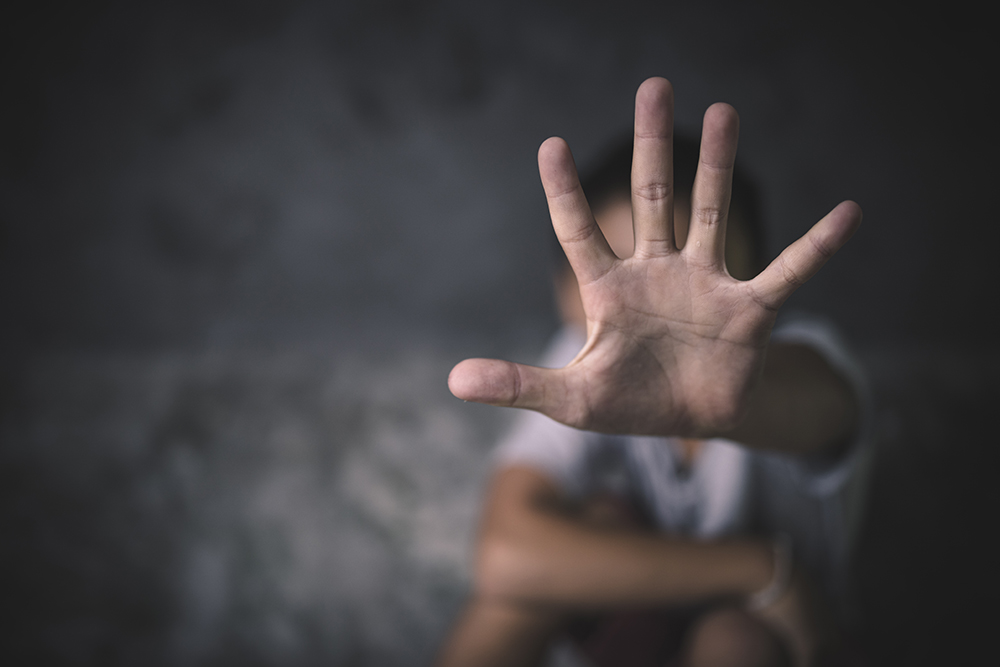With repeated warnings from the United Nations and the World Health Organization citing degradation, coercion, and force used in the field of mental health treatment, CCHR calls for the Mental Health Declaration of Human Rights to protect patients’ fundamental rights.
By CCHR International
The Mental Health Industry Watchdog
May 1, 2023
In recognition of Mental Health Awareness Month, CCHR International is drawing attention to the United Nations (UN) Human Rights Council, and other agency reports that have repeatedly called for mental health reforms to address abuses and denial of civil liberties within the industry.
CCHR is at the forefront of campaigning for the issuance of an international Mental Health Declaration of Human Rights, that would ensure individuals have their right to autonomy respected, and to be free from coercive mental health treatment, as no such protections currently exist.
The need for such reforms has long been cited by international agencies:
In 2018, the United Nations Human Rights Council condemned forced psychiatric treatment and stated countries should repeal any “legal provisions and policies permitting the use of coercion and forced interventions, including involuntary hospitalization and institutionalization, the use of restraints, psychosurgery, forced medication, and other forced measures,” and “should reframe and recognize these practices as constituting torture or other cruel, inhuman or degrading treatment or punishment….”[1]
In 2021, the World Health Organization issued a damning report against coercive psychiatric practices, which it states, “are pervasive and are increasingly used in services in countries around the world, despite the lack of evidence that they offer any benefits, and the significant evidence that they lead to physical and psychological harm and even death.”[2]
In its 2022 Annual Report of the UN High Commissioner for Human Rights, the UN once again found that “countries needed to scale up investment in rights-based mental health services, including services that were free from coercion, including forced admission and treatment..”[3]
The report included the following recommendations:
- States should repeal provisions on forced institutionalization and substituted decision-making in law and in practice.
- States’ commitment to deinstitutionalization should include ending involuntary treatment practices, promoting supported decision-making and developing rights-based mental health services in the community.
- The focus of mental health systems and services should be widened beyond the biomedical model to include a holistic approach that considers all aspects of a person’s life.[4]
Given the fact that virtually no human or civil rights exist to protect citizens from mental health abuse, CCHR published the Mental Health Declaration of Human Rights—a comprehensive document that provides individuals with unconditional rights to protect themselves and their loved ones from harm.
President of CCHR International, Jan Eastgate says, “The observance of human rights in the mental health industry is not just a moral issue; it’s also a legal obligation. Without prioritizing respect for human rights, the right to refuse treatment and to be free from all forms of coercive psychiatric practices, patients’ safety cannot be guaranteed and damaging treatments will continue.”
The late Dr. Thomas Szasz, professor of psychiatry, a fellow of the American Psychiatric Association, and co-founder of CCHR, stated: “The task we set ourselves—to combat psychiatric coercion—is important. It is a noble task in the pursuit of which we must, regardless of obstacles, persevere. Our conscience commands that we do no less.”
Read the Mental Health Declaration of Human Rights.
[1] Report of the UN High Commissioner for Human Rights, Mental health and human rights, 24 Jul. 2018, A/HRC/39/36, https://documents-dds-ny.un.org/doc/UNDOC/GEN/G18/232/93/PDF/G1823293.pdf?OpenElement
[2] “Guidance on Community Mental Health Services: Promoting Person-Centered and Rights-Based Approaches,” World Health Organization, 10 June 2021, https://www.who.int/publications/i/item/9789240025707
[3] Annual report of the UN High Commissioner for Human Rights and reports of the Office of the High Commissioner and the Secretary-General, 49th session, Human Rights Council, “Summary of the outcome of the consultation on ways to harmonize laws, policies and practices relating to mental health with the norms of the Convention on the Rights of Persons with Disabilities and on how to implement them,” 28 Feb.–1 Apr. 2022, https://documents-dds-ny.un.org/doc/UNDOC/GEN/G22/242/02/PDF/G2224202.pdf?OpenElement
[4] Ibid., Annual report of the UN High Commissioner for Human Rights, 28 Feb.–1 Apr. 2022



SHARE YOUR STORY/COMMENT